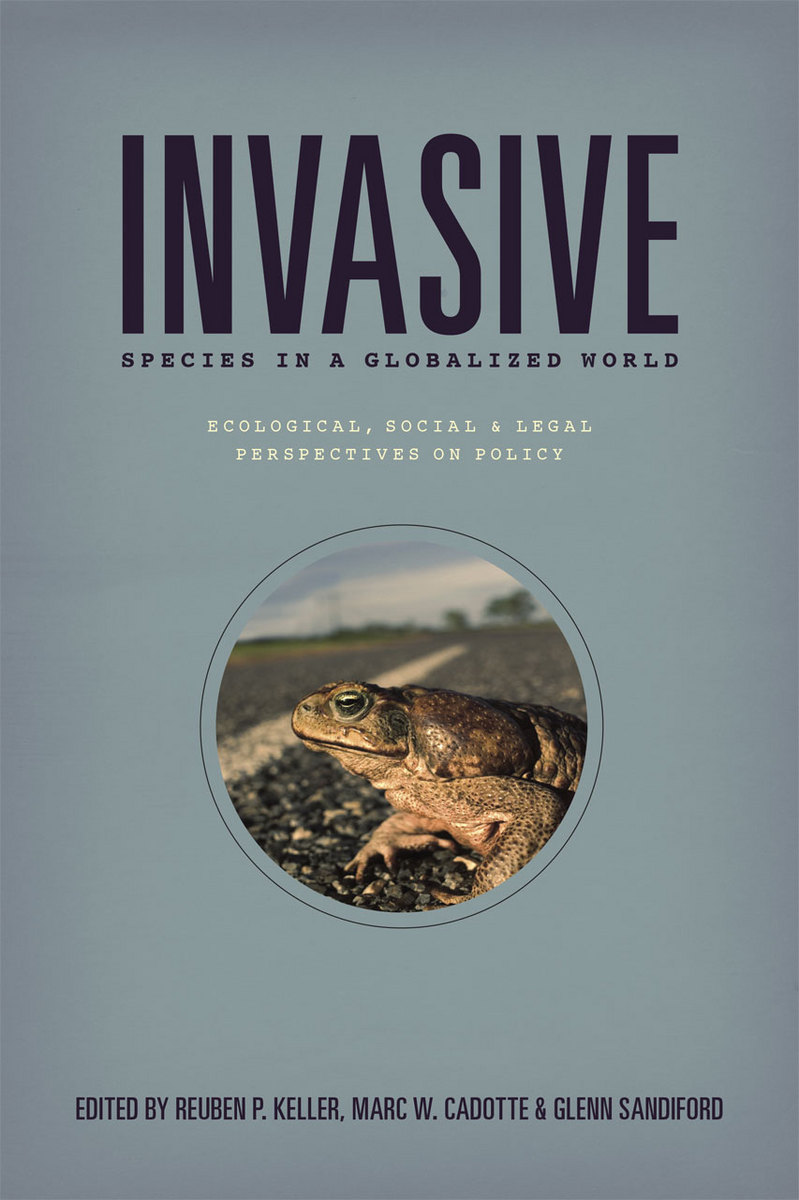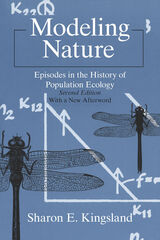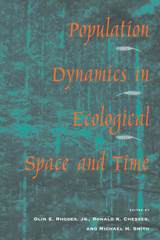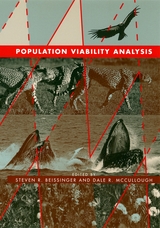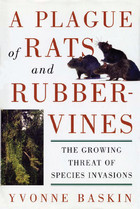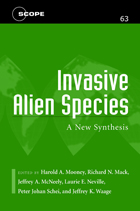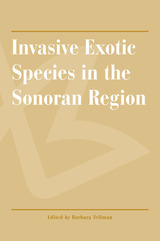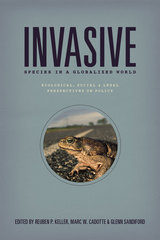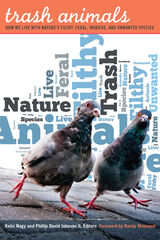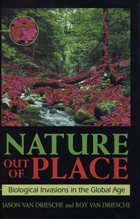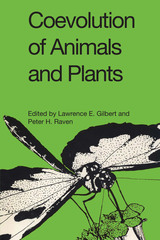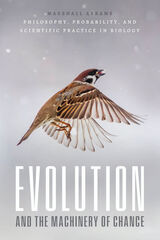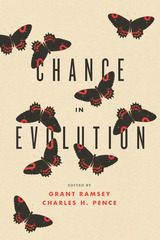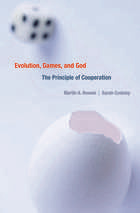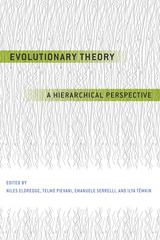Invasive Species in a Globalized World: Ecological, Social, and Legal Perspectives on Policy
University of Chicago Press, 2014
eISBN: 978-0-226-16621-6 | Cloth: 978-0-226-16604-9 | Paper: 978-0-226-16618-6
Library of Congress Classification QH353.I593 2015
Dewey Decimal Classification 577.18
eISBN: 978-0-226-16621-6 | Cloth: 978-0-226-16604-9 | Paper: 978-0-226-16618-6
Library of Congress Classification QH353.I593 2015
Dewey Decimal Classification 577.18
ABOUT THIS BOOK | AUTHOR BIOGRAPHY | REVIEWS | TOC | REQUEST ACCESSIBLE FILE
ABOUT THIS BOOK
Over the past several decades, the field of invasion biology has rapidly expanded as global trade and the spread of human populations have increasingly carried animal and plant species across natural barriers that have kept them ecologically separated for millions of years. Because some of these nonnative species thrive in their new homes and harm environments, economies, and human health, the prevention and management of invasive species has become a major policy goal from local to international levels.
Yet even though ecological research has led to public conversation and policy recommendations, those recommendations have frequently been ignored, and the efforts to counter invasive species have been largely unsuccessful. Recognizing the need to engage experts across the life, social, and legal sciences as well as the humanities, the editors of this volume have drawn together a wide variety of ecologists, historians, economists, legal scholars, policy makers, and communications scholars, to facilitate a dialogue among these disciplines and understand fully the invasive species phenomenon. Aided by case studies of well-known invasives such as the cane toad of Australia and the emerald ash borer, Asian carp, and sea lampreys that threaten US ecosystems, Invasive Species in a Globalized World offers strategies for developing and implementing anti-invasive policies designed to stop their introduction and spread, and to limit their effects.
Yet even though ecological research has led to public conversation and policy recommendations, those recommendations have frequently been ignored, and the efforts to counter invasive species have been largely unsuccessful. Recognizing the need to engage experts across the life, social, and legal sciences as well as the humanities, the editors of this volume have drawn together a wide variety of ecologists, historians, economists, legal scholars, policy makers, and communications scholars, to facilitate a dialogue among these disciplines and understand fully the invasive species phenomenon. Aided by case studies of well-known invasives such as the cane toad of Australia and the emerald ash borer, Asian carp, and sea lampreys that threaten US ecosystems, Invasive Species in a Globalized World offers strategies for developing and implementing anti-invasive policies designed to stop their introduction and spread, and to limit their effects.
See other books on: Biological Diversity | Biological invasions | Ecological | Policy | Social
See other titles from University of Chicago Press
